Hundreds of billions of dollars have been invested in loneliness. Why is Baidu Zhijia overtaken by Huawei corners?
Recently, Xia Yiping, CEO of Extreme Yue Automobile, was not surprisingly dead in an interview. He said that Huawei’s investment in smart driving is 10 billion, while Baidu’s investment in smart driving is 100 billion, which means that Baidu’s investment in smart driving is ten times that of Huawei. Of course, it is self-evident.
Many people are shocked by this news. Most people know that Baidu is really doing smart driving. A few people also know that Baidu has its own car. Of course, the car is also using Baidu’s solution. But it is estimated that not many people will think that Baidu’s investment will be greater than Huawei’s. After all, Huawei’s products are everywhere, and the market influence is huge. Baidu’s products are much rarer, and its influence is even more incomparable.
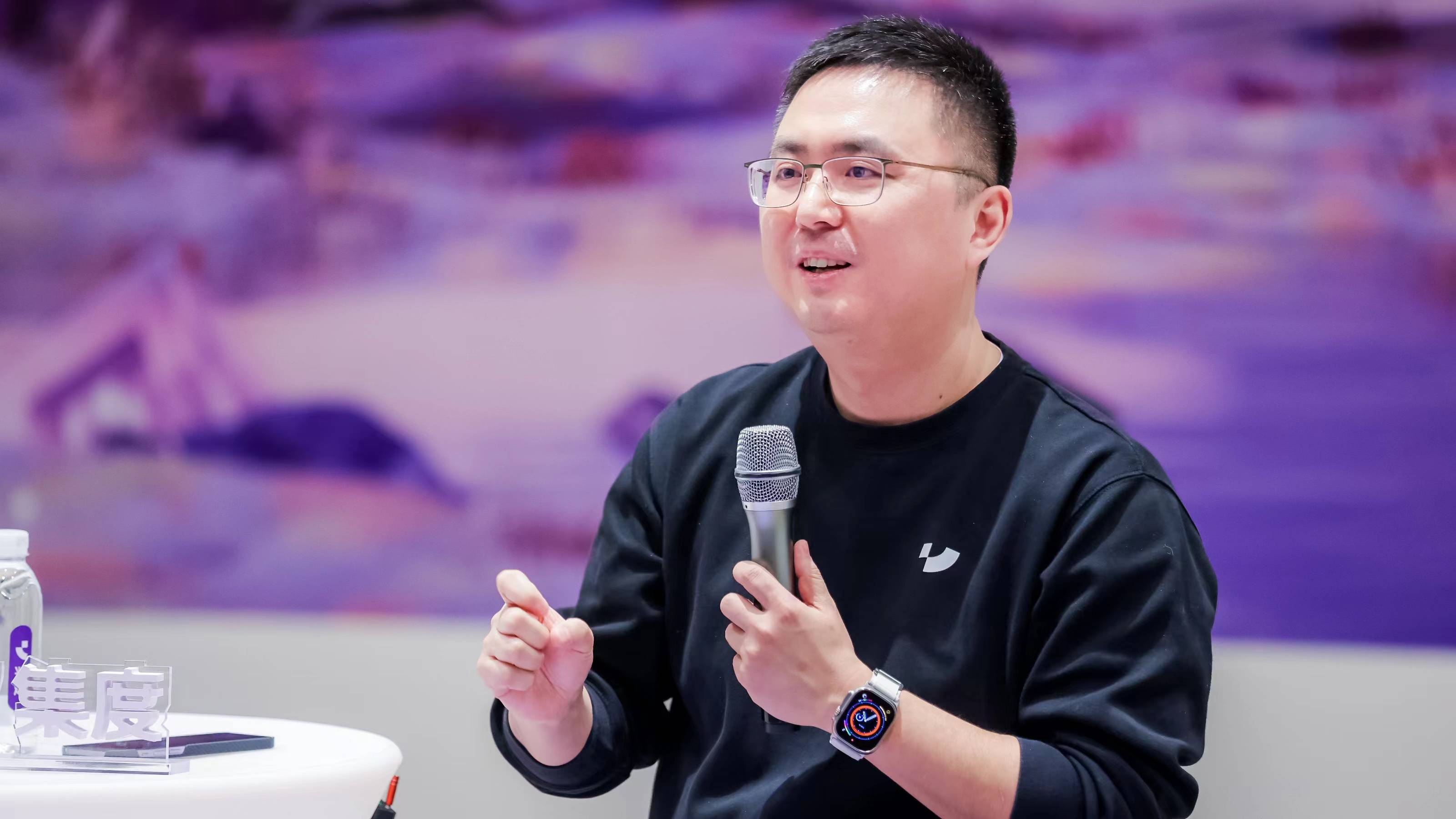
Baidu and Huawei, who is more intelligent in driving and who invests more? Let the Kung Fu car show you around.
(1) 100 billion investment is a bit empty?
Let’s take a look at the historical process of intellectual driving between the two sides, and then combine their R&D investment to see what the two companies have done in recent years.
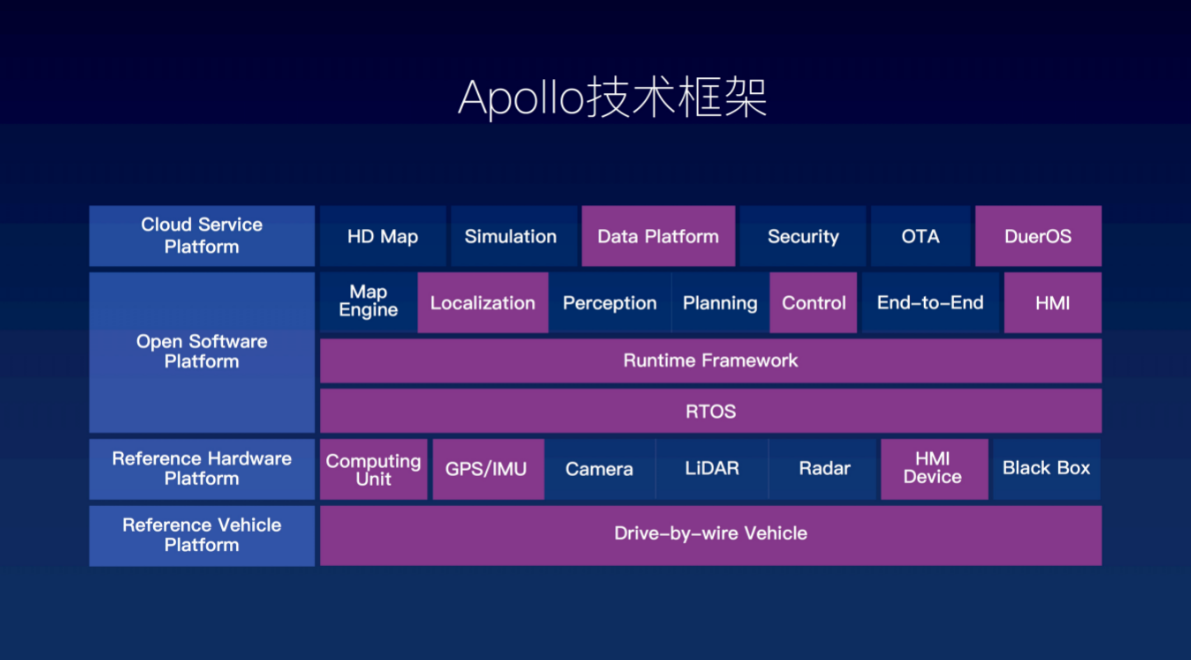
Baidu’s intelligent driving research and development began in 2013. In this year, Baidu began to do open source projects and began to make autonomous driving solutions. From the perspective of "qualifications" alone, Baidu is indeed one of the earliest enterprises in China to do smart driving, which is basically synchronized with Tesla and Google abroad. In 2021, Baidu defined three directions for its own smart driving, namely, providing smart driving solutions to OEMs, building their own cars, and then developing and sharing unmanned vehicles.
According to the public financial report, from 2013 to 2023, Baidu’s total R&D investment was 167.2 billion. If 100 billion was invested in smart driving, it means that the R&D investment of smart driving accounted for 59.8% of Baidu’s R&D investment.
How can I put it? This data is not impossible. After all, most of the money earned by Baidu in recent years has really been invested in the two directions of smart driving and AI. However, considering Baidu’s own business, I personally think that the proportion of investment in smart driving alone should not exceed 50%. More than 50 billion may be there, and 100 billion feels a bit empty.
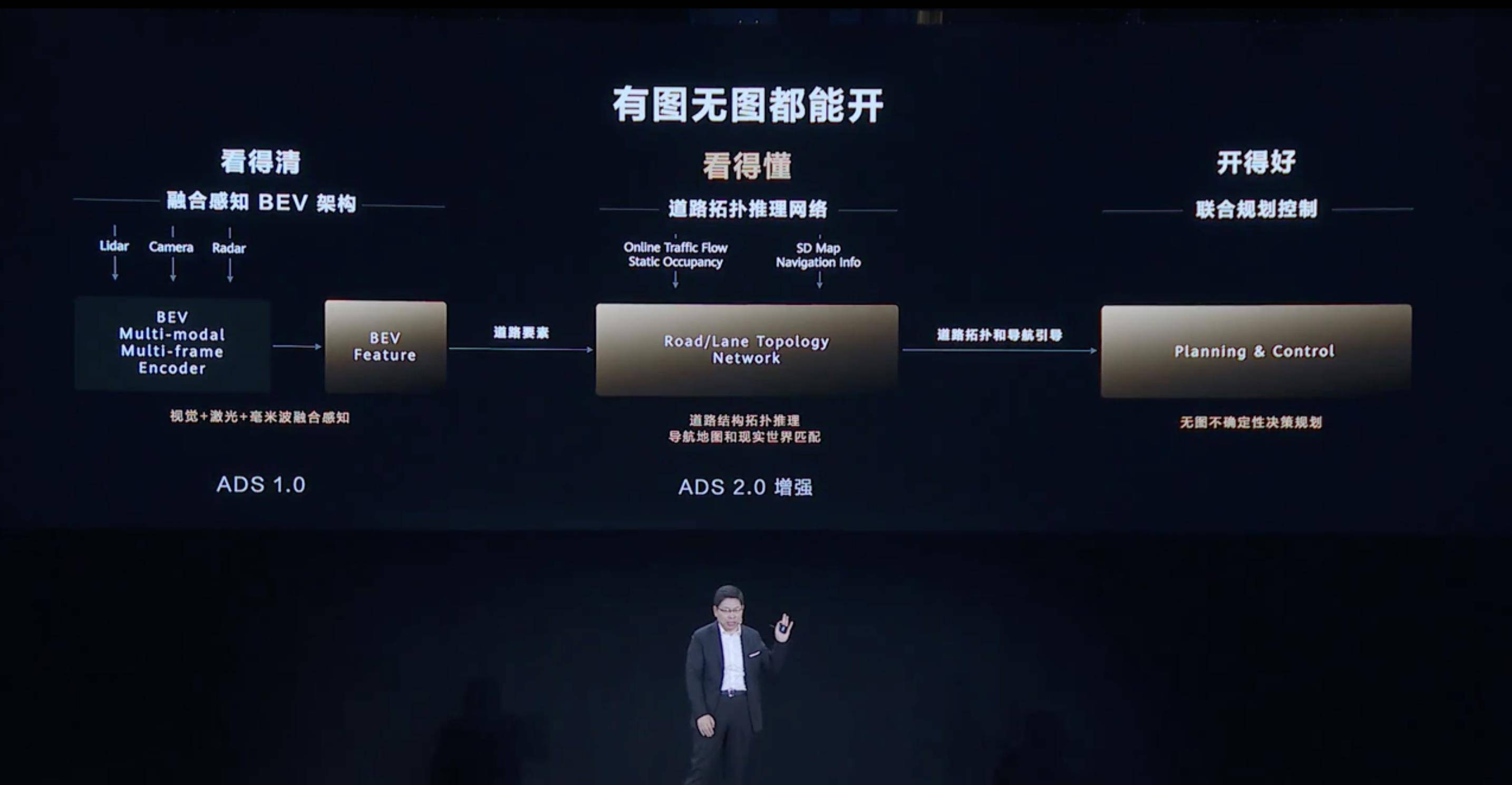
Huawei’s investment in smart driving is relatively clear. When Huawei’s new smart car solution brand "Gankun" was released in April this year, Jin Yuzhi, CEO of Huawei’s smart car solution BU, once introduced that the department was established in 2019, and the accumulated R&D investment in five years exceeded 30 billion (about 6 billion per year). This data is still relatively credible.
Of course, if you want to talk about Huawei’s R&D investment in other areas, such as big models and AI, it’s hard to say whether R&D funds are included in smart driving investment. Anyway, it’s a muddle.
However, at least one thing is certain. The investment of Huawei Smart Drive and Baidu Smart Drive should be in an order of magnitude, and it will never be as bad as ten times. Because Baidu started earlier, it is still possible to invest more.
(2) What is the difference in output?
Let’s just say that Baidu has really invested more. Next, let’s talk about output, and the difference between the two may be a bit big.

When Huawei first entered the field of intelligent driving, it put forward its own goals, hoping to be Bosch in the era of electrification and provide a full set of intelligent solutions for OEMs. However, the effect is not ideal, most enterprises hold a wait-and-see attitude, and the promotion is not smooth. So Huawei made a smart car selection project, that is, cooperated with the OEM, but Huawei defined the smart car and gave the core intelligent hardware and software.
After several years of development, Huawei has formed a complete set of industrial chains. Needless to say, intelligent driving technology, the system has developed to the third generation, supporting intelligent assisted driving in the whole scene and intelligent parking in the whole scene, and then it can realize intelligent driving from parking space to parking space. In order to better realize intelligent driving, Huawei has also built its own high-performance motor and a special Turing intelligent chassis, which can realize full-dimensional perception, 3D control and intelligent collaboration.
Let’s put it this way: even the old rivals want to purchase Huawei’s motors. Recently, the independent BU department has been valued at 115 billion, and major car companies are scrambling to invest. Huawei is even the first company to beat down the price of lidar. It can be said that Huawei’s investment in smart driving has been richly rewarded and it has its own intelligent industrial chain.

Baidu’s smart driving output is not satisfactory. Since 2015, Baidu has found a lot of well-known car companies such as Daimler, BMW, Ford and Volvo to cooperate. Many domestic cars have also "tested the water", but the effect is not obvious. Cars equipped with Baidu Zhijia are rarely publicized as their own "business cards".
One of the most famous is probably Weimar, who has been holding Baidu for a long time and hasn’t done it yet. In the end, Baidu couldn’t help but make a gathering, and there was basically no noise. Including now, it has been listed for half a year, and the highest monthly sales volume is only 1143 vehicles.
The only achievement that can be achieved is probably that the radish runs fast. However, in terms of completion, it still only supports getting on the bus at a specific location, and the coverage is limited. There is still a long way to go before it can truly replace the online car. The biggest advantage is that it is cheap, but this cheapness is actually based on the "capital operation" of Internet companies. I hope to achieve market monopoly, and then I will serve as a "platform". Didi and Meituan are all like this.
However, it is hard to say whether the radish will eventually become Didi, Meituan, or Xiaohuangche and Ruixing.
(3) Hardware companies and Internet companies are very different?
The difference between Baidu Smart Drive and Huawei Smart Drive is also the difference between two different companies to a large extent. Baidu is a typical Internet company, while Huawei is closer to a hardware company.
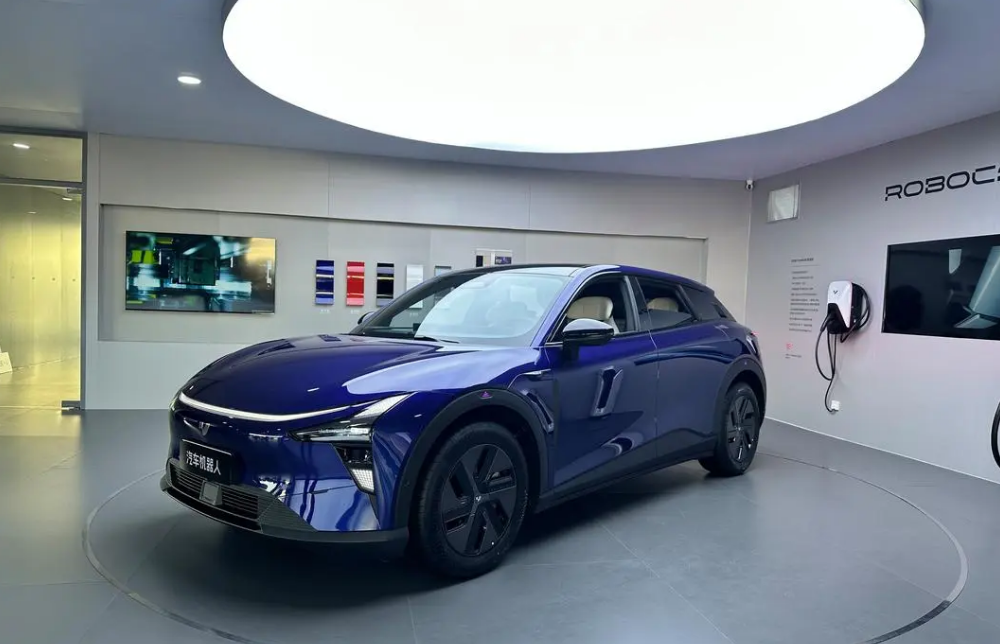
The characteristics of software companies are that they like to invest early, get high returns, and pursue a monopoly. Like Baidu, the earliest money was made by being a search engine. When Google withdraws from the China market, Baidu will become a monopoly. Since then, it has been making big profits, and on this basis, it has expanded the business of encyclopedia, knowledge, post bar and so on, forming a complete ecological circle.
But this has also led to a problem. Baidu lacks the ability to actually make products. Baidu has been doing smart driving for so many years. The car is from the main engine factory, the laser radar is from the supplier, the chip is from NVIDIA, and the smart card is also bought. Speaking of things that belong to Baidu, it is that set of algorithms.
Therefore, Baidu is very passive, and it can’t control how much the car sells. Baidu can’t form a monopoly in the field of smart driving, and its algorithm can’t sell at a unique high price. For so many years, Baidu’s smart driving business has been losing money. Even many engineers in the factory finally "ran away" with the main engine factory.
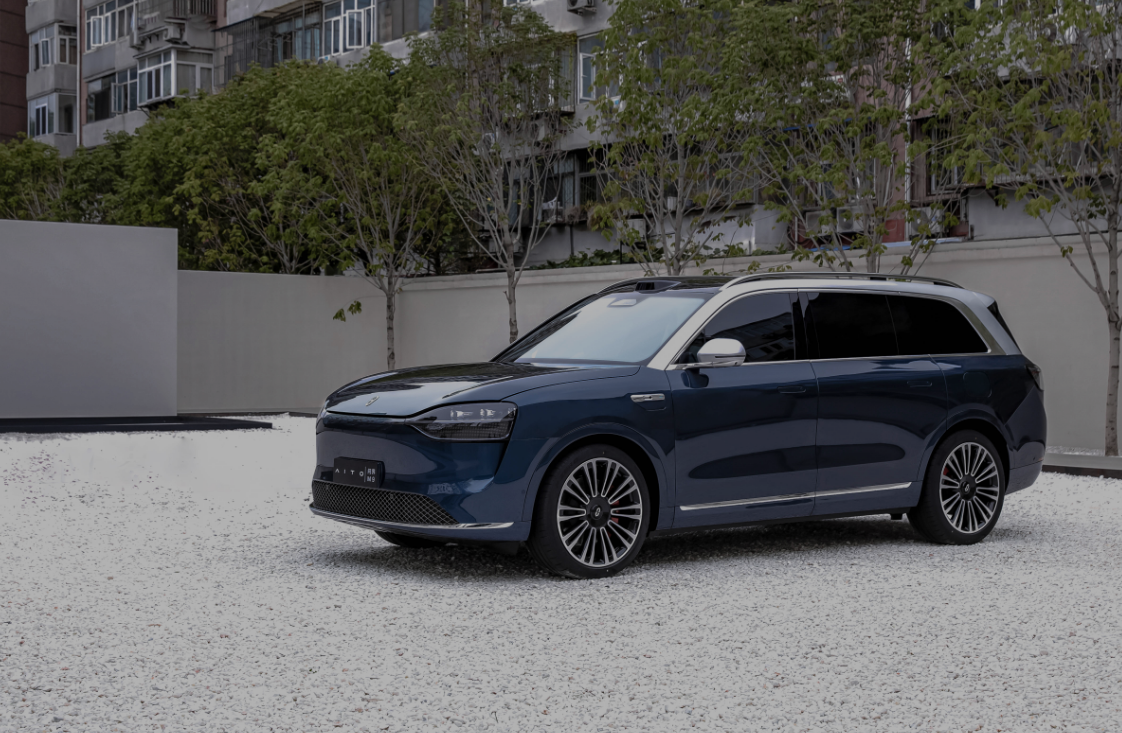
Huawei started out as a communication equipment. Although it also has Internet genes, it is closer to hardware companies. Therefore, we can see that every step Huawei takes will strengthen its strength. The car is defined by its own design, the laser radar is its own, the chip is its own, the power card is its own, the motor and chassis are also its own, and it can even be sold outside.
This has formed a virtuous circle, and the cost of Huawei’s smart driving is getting lower and lower, gradually flattening the R&D investment and forming a positive cycle. The worse news is that with Huawei becoming the representative of China Zhijia, Baidu’s investment for so many years will probably be wasted.
(4) Kung Fu is angry
Baidu really started to do smart driving earlier, and invested more probability than Huawei. However, from the perspective of "output", Huawei’s achievements are even more dazzling. The average transaction price of a model developed by Huawei like this exceeds 500,000, and the monthly sales volume is nearly 20,000 units. The monthly revenue of this car alone is in the hundreds of billions, and Baidu only envies it. Not to mention that Huawei BU is independent, and it can earn tens of billions just by selling shares.
In the final analysis, consumers still look at products, not how early you do it and how much you invest. If you spend more money, you will definitely do better. How can domestic cars surpass joint venture cars? The earning power is far from perfect. The same money depends on who can spend more on the cutting edge, which better reflects the ability of the enterprise. What do you think?